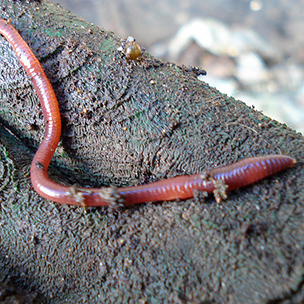September 5, 2014 — Invertebrates — including insects, worms and crustaceans — are usually pretty small, but they have a big impact when it comes to providing ecosystem services. In fact, insects alone are responsible for pollinating around 75 percent of the world’s crops, and invertebrates play a major role in recycling waste and improving water quality.
That’s why scientists are more than a little concerned about the decline in invertebrate populations. Studying all 1.4 million named invertebrate species is impossible, but of the one percent evaluated by the International Union for the Conservation of Nature, 40 percent were considered threatened. Other studies suggest that invertebrate populations showed an overall decline of 45 percent in the last four decades.
So where’s the silver lining on this cloud of vanishing invertebrates? Understanding invertebrate loss may be the first step toward saving them. Scientists are hoping their research on invertebrate loss will improve conservation efforts by determining what successful invertebrate species are doing to maintain their populations. Photo by Christian Guthier (Flickr | Creative Commons)
Ensia shares solutions-focused stories free of charge through our online magazine and partner media. That means audiences around the world have ready access to stories that can — and do — help them shape a better future. If you value our work, please show your support today.
Yes, I'll support Ensia!
